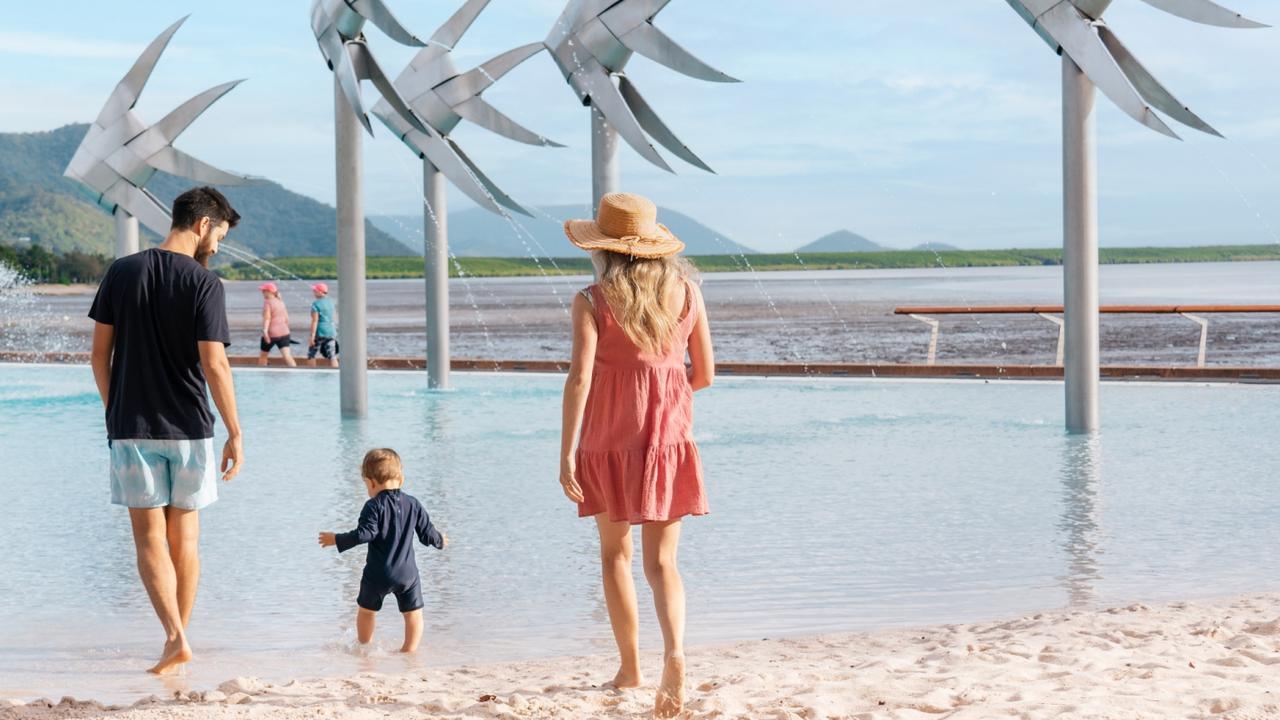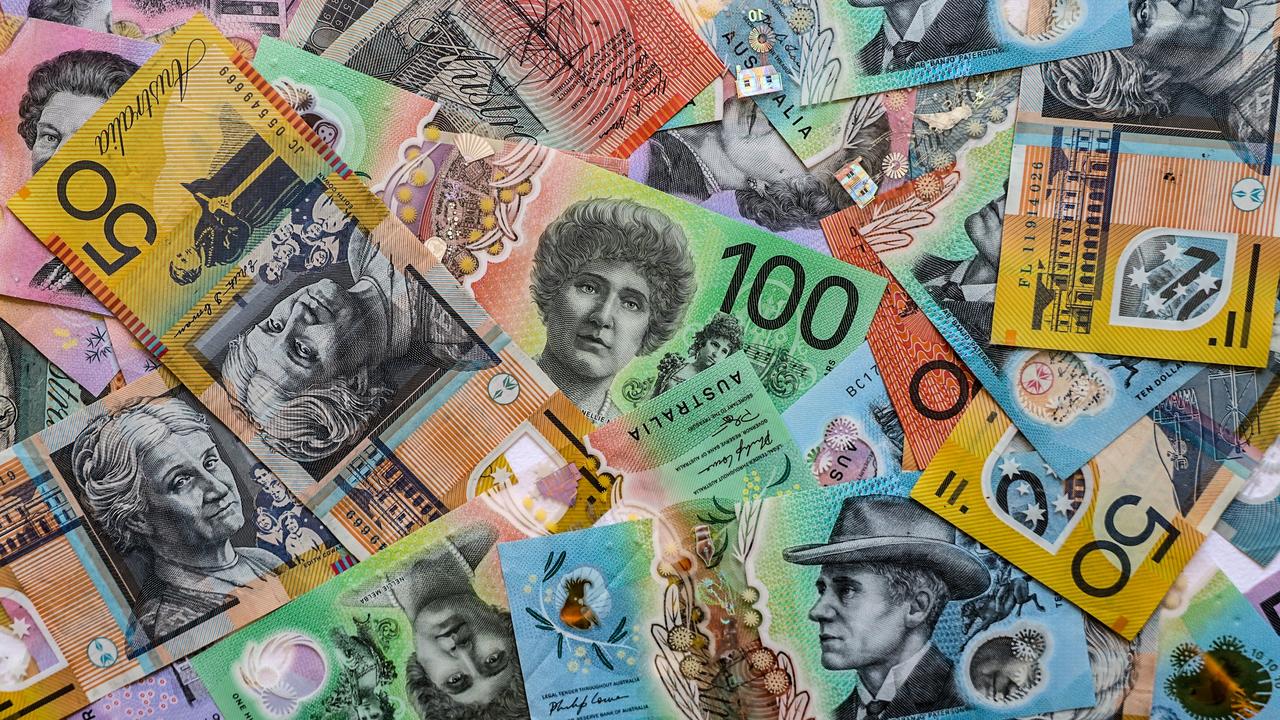Victorian government set to introduce levy on short-term rentals
In an Australian first, the Victorian government is set to introduce a ‘holiday and tourism tax’ that will cost holidaymakers more.
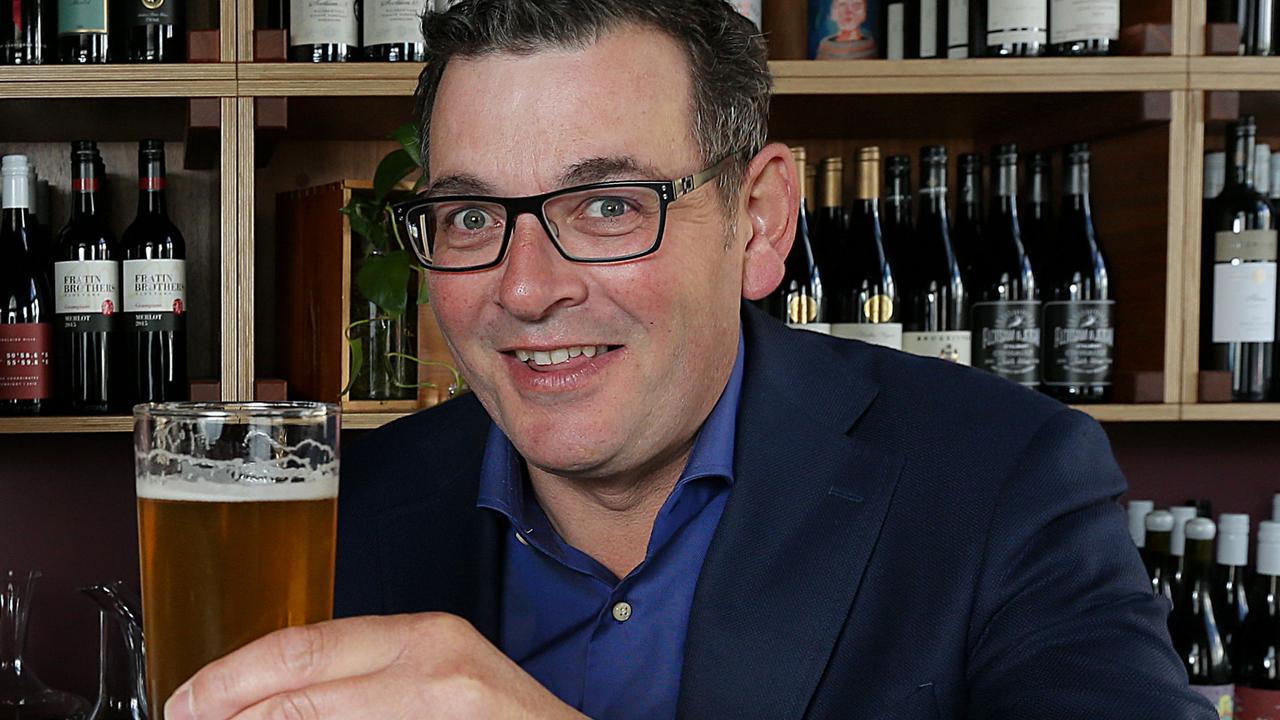
Renting an Airbnb in Victoria is set to become more expensive with reports the state government is planning to introduce a tax on short-term accommodation.
Dubbed a “holiday and tourism tax” by the state opposition, The Age has reported the levy, which could be as high as 7.5 per cent, will be introduced at state cabinet next Monday as part of a suite of housing reforms.
Short-term rentals, such as Airbnbs, have been in the regulatory crosshairs of governments across Australia with claims they are fuelling the housing crisis by reducing the number of properties available as permanent rentals.
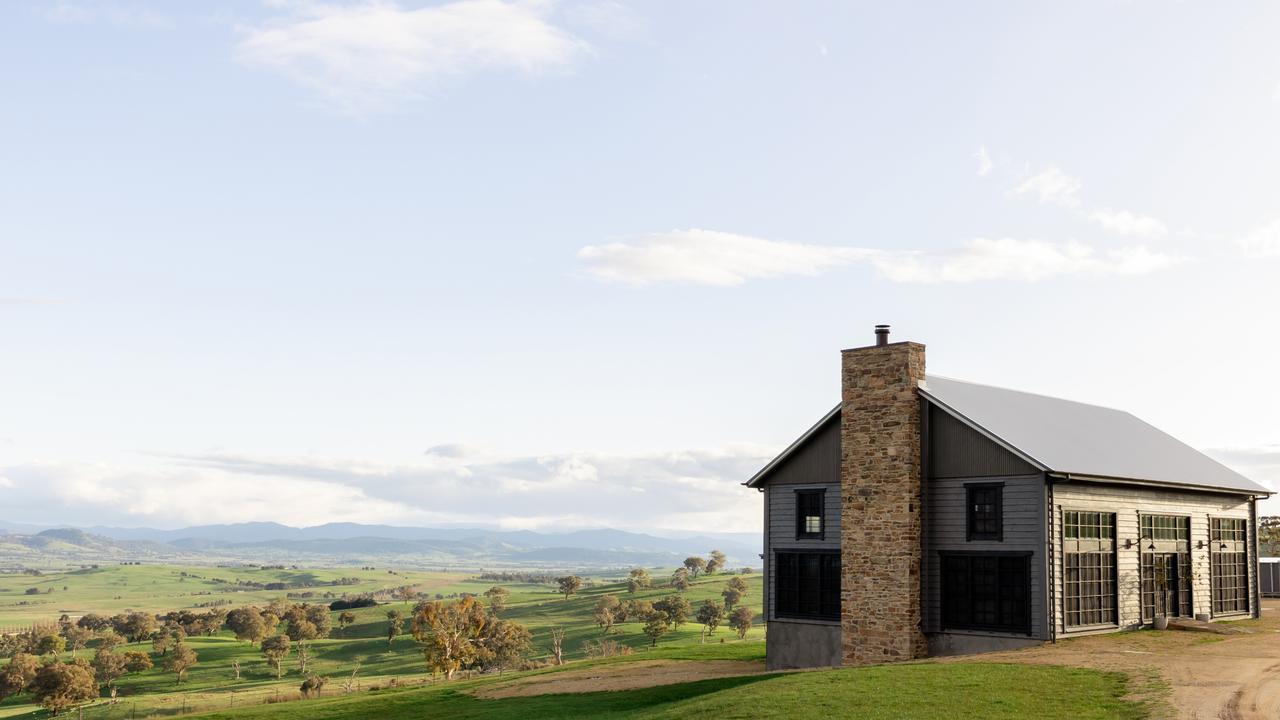
According to figures from short-term rental data company Inside Airbnb, if a new 7.5 per cent levy were introduced it would add $17 a night to the cost of an average Airbnb rental in Melbourne, $29 a night to the cost of a rental on Victoria’s western Surf Coast and $42 a night to a rental on the Mornington Peninsula.
Michael Crosby, head of public policy for Airbnb Australia and New Zealand told news.com.au: “It’s important to note that the government has not yet made a final decision on its housing statement of intent and we look forward to continuing to work with the Victorian Government on this important matter."
However, Mr Crosby added that the company believed that a 7.5 per cent levy was too high.
“Airbnb supports policies that would help boost housing construction across the country, however, a 7.5 per cent levy that applies only to short term rental accommodation is too high, and would give hotels a free kick and create an uneven playing field."
“A rate that high could have a negative impact on the appeal of the state as a tourism destination, also penalising everyday Victorians at the wrong time.
“We believe a levy somewhere between 3-5 per cent which is in line with international policies, would be appropriate. "
People staying in hotels were also originally intended to be slugged with the tax, but industry sources told The Age hotels are expected to be excluded after lobbying efforts.
The Victorian government declined to confirm the reports, with a spokesperson telling news.com.au: “We know there’s no more important issue than housing – that’s why we’re working hard on a housing package and will have more to say soon.”
But opposition tourism spokesperson Sam Groth labelled it a “holiday and tourism tax” and said it would “make Victoria a less attractive destination for international and interstate visitors and threaten the $5 billion spent each year in Victoria alone on overnight accommodation”.

Facebook users are divided in their opinions on the plan.
“Only good for the government being able to steal more money from property investors,” wrote one.
“Further infringement of property rights in the socialist republic of Victoria.”
“Again government intervening in the private real estate market, telling people what they can do with their property, to cover years of mismanagement of the social housing sector,” wrote another.
“Here we go again. The socialist Andrews regime applying more taxes to peoples income streams,” another user commented.
But others were in support of the levy, with some expressing the view that it didn’t go far enough.
“I don’t have an issue with it, [Airbnbs] are becoming a public menace,” one person commented.
There were calls for an additional levy to apply to short-term rentals in strata buildings: “Owners in buildings didn’t buy into a hotel, they bought a residential apartment to live in”, along with sentiment that short-term rentals in residential areas should be capped.
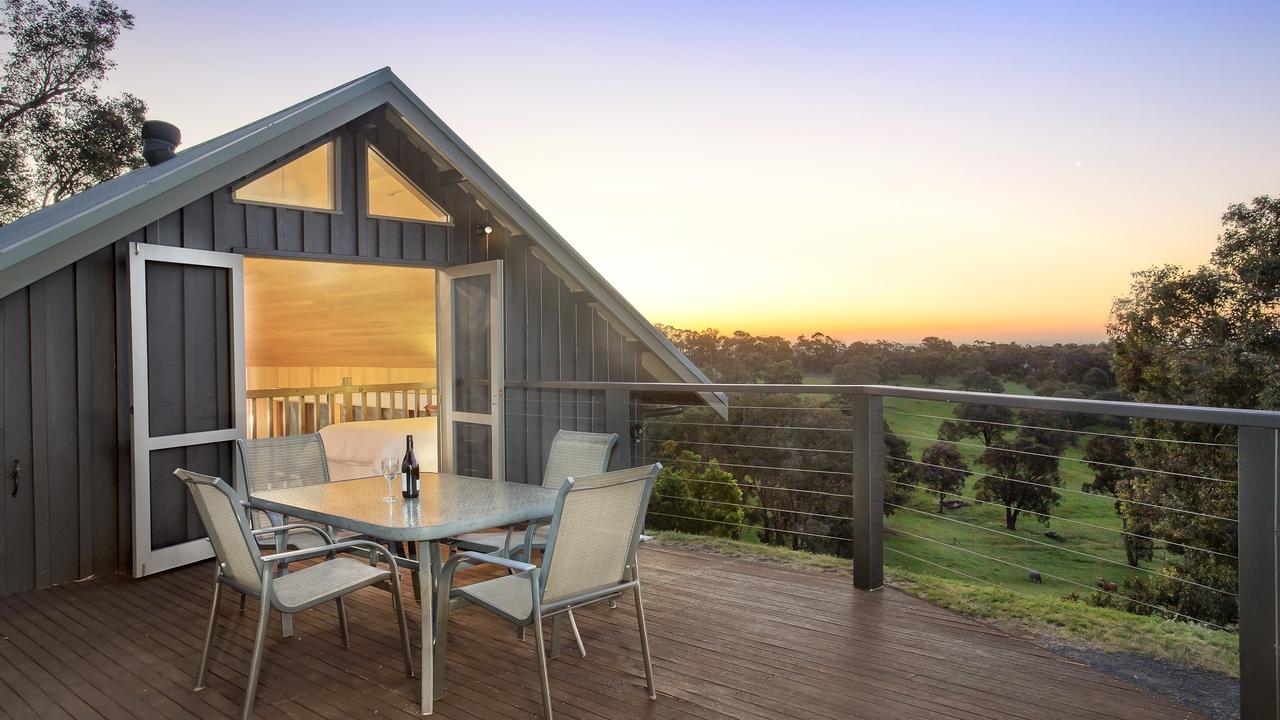
If adopted, the Victorian tax would be the first statewide measure of its kind in Australia.
An annual registration charge on short-term accommodation in the range of $150 to $400 has been introduced by a number of Victorian council including the Bass Coast Shire, Frankston City Council, Mornington Peninsula Shire and Warrnambool Shire, with the City of Yarra, City of Port Phillip and Merri-bek City Council considering regulation of the market.
The City of Melbourne is currently conducting a public consultation on the issue with options under consideration including registration and a cap on the number of days a property can be rented.
But Airbnb has previously said it would prefer mandatory, statewide registration systems rather than a piecemeal, council-by-council approach.
In its submission to the Victorian government’s inquiry into the rental and housing affordability crisis, Airbnb also said it supports “a sustainable visitor levy” paid by the guests to be applied to properties to fund housing and community projects.
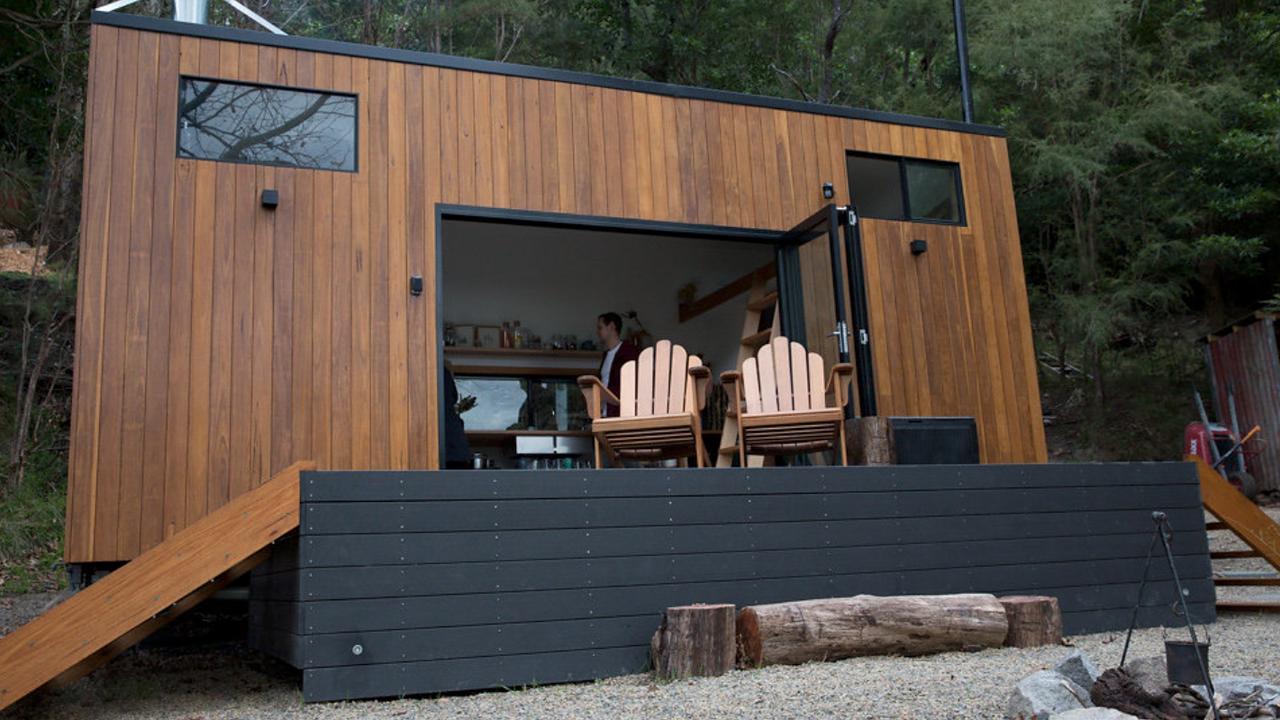
In NSW, rather than a levy the government has imposed a limit on the number of days properties can host short-stay guests without development consent from a local government to 180 days per year in the Greater Sydney area.
The same rule has also been adopted in Byron Bay, where the local council is considering reducing the number of days further, to just 90 days a year.
Of the Byron Bay proposal, Airbnb has said that it “is unlikely to increase the Shire’s overall housing supply to meet demand, and may have unintended and irreversible consequences for the town’s visitor economy”.
The issue is also being considered in Queensland, where a state government review recently revealed it was considering creating a register of all short-term rentals but ruled out statewide restrictions being imposed, concluding that “short-term rentals have a limited impact on rental affordability”.
Airbnb has been contacted for comment.




